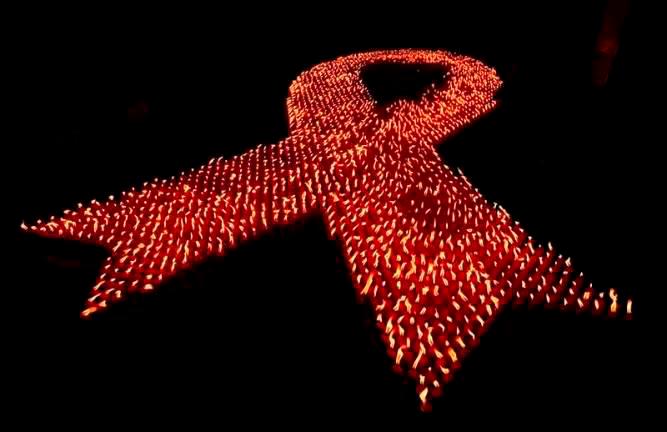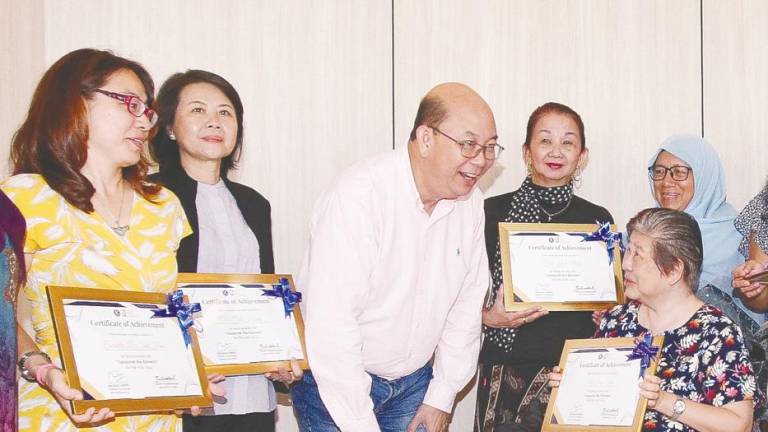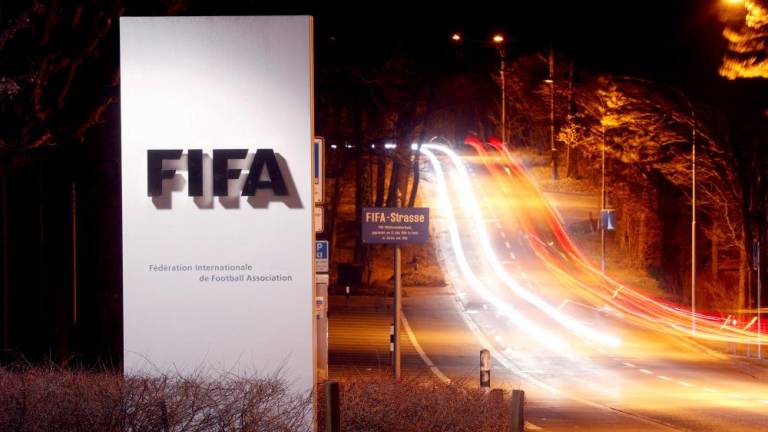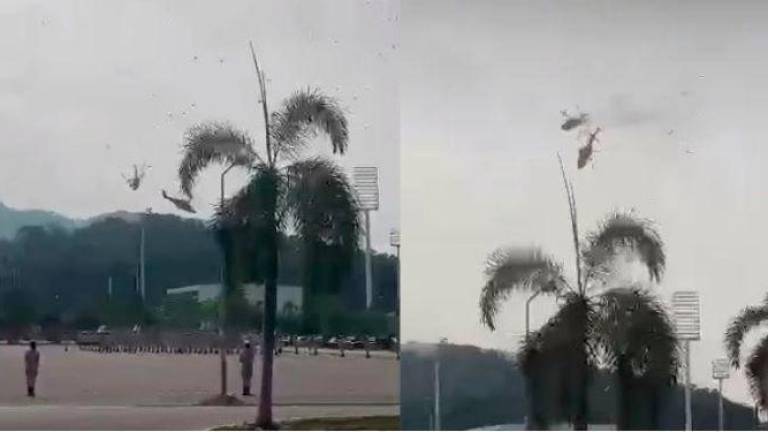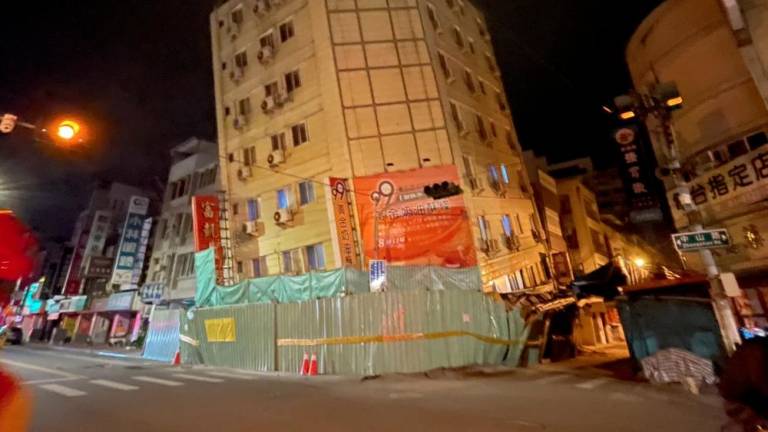SEREMBAN: Malaysia has recorded a 70 per cent drop in the number of new HIV infections over the last 20 years, said deputy director-general of Health (Public Health) Datuk Dr Norhayati Rusli.
She said the antiretroviral treatment for people living with HIV (PLHIV) had increased to 66 per cent last year compared to 28 per cent in 2015.
“The decline in HIV cases and the increase in treatment coverage is still insufficient for the country to eliminate AIDS as a public health issue by 2030.
“Inequalities are the obstacle to this effort. Therefore, in ensuring that equality is achieved, the availability, quality and suitability of services for HIV treatment, testing and prevention must be improved,“ she said in her speech at the national-level 2022 World AIDS Day at the Paroi Youth and Sports Complex, here today.
She said the HIV test-and-treat strategy would continue to be strengthened and improved by introducing HIV self-testing to attract more key population groups and their partners to undergo screening and then treatment.
Dr Norhayati said the Differentiated HIV Services for Key Populations (DHSKP) Model KK 2.0 at 31 health clinics with the smart cooperation of the government-organised non-governmental organisations (GONGO) would be expanded to improve service delivery.
“The concept of U=U or Undetectable = Untransmittable is an important concept and proven to be effective in curbing HIV infection. PLHIV who take antiretroviral drugs according to the prescription, can live like normal individuals because the virus is undetectable and untransmittable,“ she said.
For partners of PLHIV, she said the PrEP (Pre-Exposure Prophylaxis) treatment would be available at the health clinics in 2023.
PrEP reduces the risk of getting HIV from sex by about 99 per cent when taken as prescribed, she added.
In addition, the stigma and discrimination reduction programme through the quality improvement approach carried out in health facilities also succeeded in reducing such behaviour among health staff.
Dr Norhayati said this programme was made available at 55 health facilities across the country and would to be expanded to all health facilities in the future.
Meanwhile, Malaysian AIDS Council deputy president Dr Dinesh Mahalingam said the 80 per cent increase in the number of HIV transmission among youths aged between 13 and 39 through sexual intercourse was worrying.
He said a specific strategy needs to be planned to deal with the problem and an investment of at least RM10 million to RM12 million per year through the existing domestic funding mechanism to boost energy mobilisation at the grassroots level would be able to provide long-term results.-Bernama



